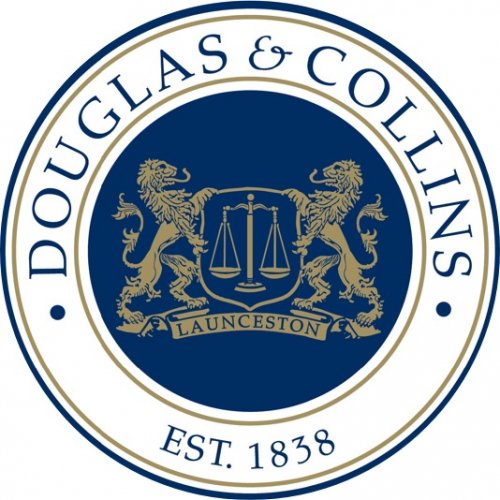Best Commercial Real Estate Lawyers in Launceston
Share your needs with us, get contacted by law firms.
Free. Takes 2 min.
Free Guide to Hiring a Real Estate Lawyer
List of the best lawyers in Launceston, Australia
About Commercial Real Estate Law in Launceston, Australia
The field of Commercial Real Estate Law in Launceston, Australia covers a wide range of activities related to business properties, such as buying, selling, leasing, and developing commercial real estates. It also includes legal issues related to title changes, Zoning laws, land use rights, property taxes, and many other facets of commercial property ownership and operation.
Why You May Need a Lawyer
Commercial Real Estate transactions often involve complex legal procedures and substantial financial investment. A lawyer could assist you in drafting agreements, negotiating deals, vetting legal documentation, and ensuring a smooth transaction. Additionally, they can provide legal assistance in resolving property disputes, guiding through zoning and land use issues, and ensuring compliance with Australian Real estate laws and regulations.
Local Laws Overview
Launceston, being a part of Tasmania, follows the Australian Property Law along with the local Tasmanian legislative provisions. Key areas include Property Identification Code (PIC) requirements, mandatory disclosure of energy efficiency, strict provisions for renting and leasing, among others. Additionally, Tasmania's Planning Scheme impacts Launceston's Commercial Real Estate, dictating permissible land uses and development controls.
Frequently Asked Questions
What is a commercial lease in Launceston, Australia?
A commercial lease in Launceston, Australia is a legally binding agreement between a landlord (lessor) and a business (lessee) outlining the terms under which the business will use the property.
What is involved in purchasing a commercial property in Launceston?
Purchasing a commercial property involves identifying a suitable property, negotiating the price, conducting due diligence, obtaining finance, and finally transferring the property title.
What rights do I have as a commercial tenant in Launceston?
As a commercial tenant in Launceston, you have the right to quiet enjoyment of the property, to conduct business without interference from the landlord, among other rights defined by your lease agreement.
Can a commercial lease be terminated early in Launceston?
Whether a commercial lease can be terminated early typically depends on the specific terms laid out in your lease agreement. It may require negotiation with the landlord and may also have financial implications.
What are the main tax considerations for commercial property in Launceston?
The purchase and ongoing ownership of commercial property in Launceston typically involve GST, Capital Gains Tax, and Local Council rates. It's advisable to secure a tax consultant to fully understand potential obligations.
Additional Resources
The Tasmanian Government's Department of Justice holds considerable resources relating to Commercial Real Estate. Similarly, Australian Government's business.gov.au website provides reputable information. Additionally, Tasmania’s Real Estate Institute (REIT) can be a valuable resource.
Next Steps
If you need legal assistance in Commercial Real Estate, begin by identifying your needs. Consider whether they're transactional (e.g., buying or selling property), disputational (e.g., property disputes), or advisory (e.g., understanding complex legislation). Then, find a reputable local lawyer specializing in Commercial Real Estate and arrange an initial consultation.
Lawzana helps you find the best lawyers and law firms in Launceston through a curated and pre-screened list of qualified legal professionals. Our platform offers rankings and detailed profiles of attorneys and law firms, allowing you to compare based on practice areas, including Commercial Real Estate, experience, and client feedback.
Each profile includes a description of the firm's areas of practice, client reviews, team members and partners, year of establishment, spoken languages, office locations, contact information, social media presence, and any published articles or resources. Most firms on our platform speak English and are experienced in both local and international legal matters.
Get a quote from top-rated law firms in Launceston, Australia — quickly, securely, and without unnecessary hassle.
Disclaimer:
The information provided on this page is for general informational purposes only and does not constitute legal advice. While we strive to ensure the accuracy and relevance of the content, legal information may change over time, and interpretations of the law can vary. You should always consult with a qualified legal professional for advice specific to your situation.
We disclaim all liability for actions taken or not taken based on the content of this page. If you believe any information is incorrect or outdated, please contact us, and we will review and update it where appropriate.










